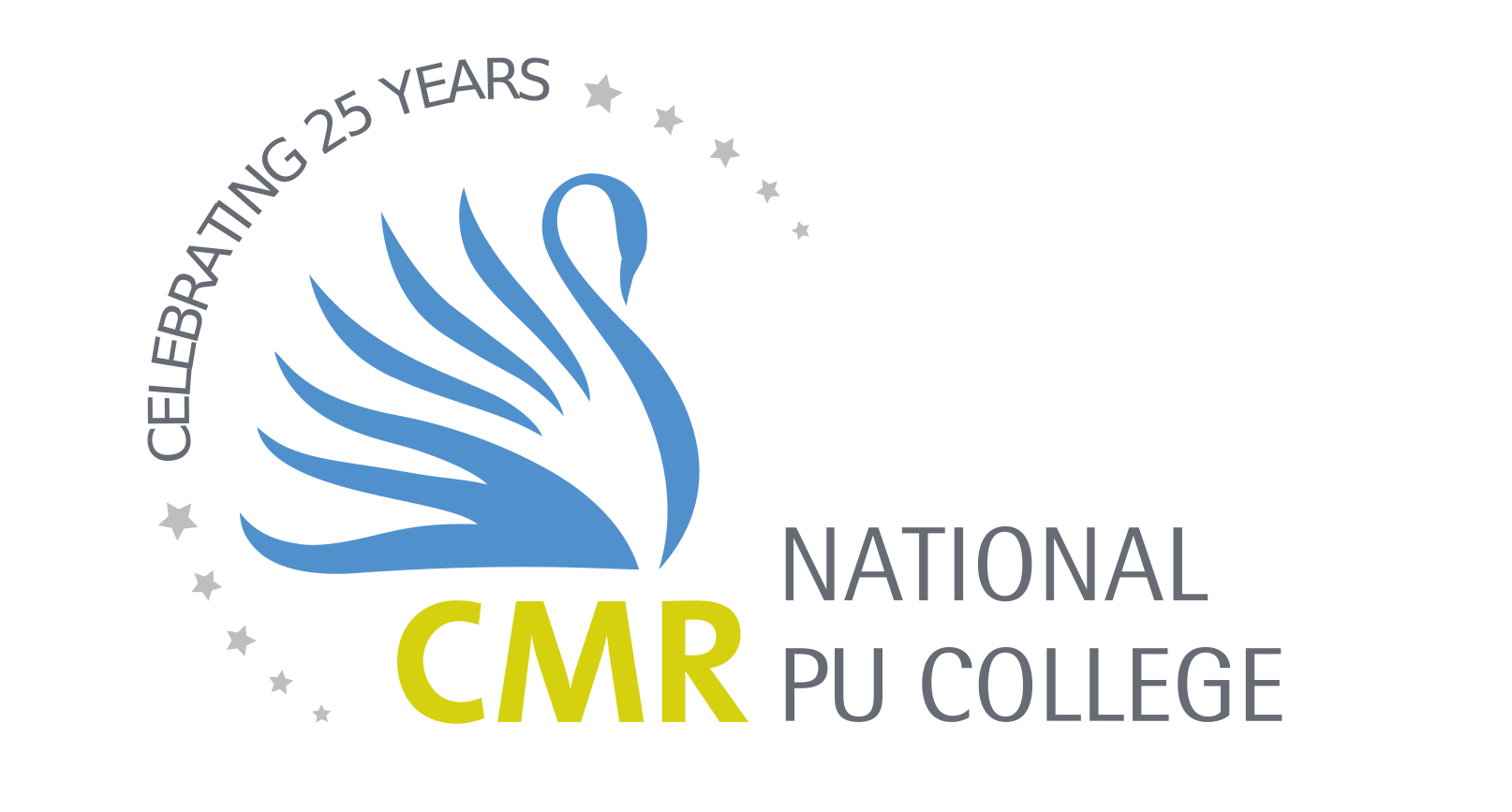The Key to Unlocking Knowledge
Picture your study notes as a well-tended garden, where each plant represents a concept waiting to bloom into understanding. Just as a gardener carefully chooses which plants to cultivate and how to arrange them for optimal growth, students must approach note-taking with intention and strategy.
At the best PU colleges in Bangalore, cultivating effective study notes can significantly enhance your pre-university education, leading to deeper comprehension and improved exam performance.
So how can you nurture your study notes to ensure they flourish? Let’s explore actionable strategies that will help you build better study resources.

Choose the Right Format for Your Notes
The Power of Structure
The first step to building better study notes is selecting a format that suits your learning style. There are various methods to choose from, and each has its strengths. Here are a few popular formats:
- Outline Method: This traditional approach organises information hierarchically, using bullet points and indentation to show relationships between topics. It’s great for subjects with clear structure, such as history or biology.
- Cornell Method: This system divides your page into three sections: cues, notes, and summary. You write notes in the larger section during lectures, jot down keywords or questions in the cues area, and summarise the main ideas at the bottom. This method encourages active engagement and review.
- Mind Maps: If you’re a visual learner, mind maps can be an excellent choice. Start with a central idea and branch out with subtopics, using colors and images to enhance retention. This method is particularly effective for subjects that require connections between concepts, like science or literature.
- Digital Notes: Many students at PU colleges in Bangalore prefer digital note-taking tools like Notion, Evernote, or OneNote. These platforms allow for easy organisation, searchability, and integration of multimedia elements. Plus, you can access your notes from anywhere, making it convenient for on-the-go studying.
Choosing the right format depends on your personal preferences and the nature of the subject matter. Experiment with different methods to find what works best for you.
At the best PU colleges in Bangalore, cultivating effective study notes can significantly enhance your pre-university education, leading to deeper comprehension and improved exam performance.
So how can you nurture your study notes to ensure they flourish? Let’s explore actionable strategies that will help you build better study resources.
Be Selective and Summarise Effectively
Quality Over Quantity
One common pitfall students face is writing down everything during lectures or while reading textbooks. Instead, focus on capturing the essential points. Here are some tips for being selective and summarising effectively:
- Listen for Key Ideas: Pay attention to what your instructor emphasises during lectures. Often, they will repeat crucial points or provide summaries at the end of class. Use these cues to guide your note-taking.
- Use Abbreviations and Symbols: Develop a system of abbreviations and symbols to speed up your writing. For example, use “&” for “and” or arrows to indicate connections. This practice will help you write more efficiently without losing important information.
- Summarise in Your Own Words: After taking notes, take a moment to summarise the main ideas in your own words. This practice reinforces understanding and helps you process the information more deeply.
- Highlight Important Concepts: Use different colors or underlining to emphasise key terms or concepts. This visual distinction will make it easier to locate important information when reviewing your notes later.
By being selective and summarising effectively, you’ll create a more valuable study resource that focuses on the core concepts you need to master.
Review and Revise Regularly
Quality Over Quantity
One common pitfall students face is writing down everything during lectures or while reading textbooks. Instead, focus on capturing the essential points. Here are some tips for being selective and summarising effectively:
- Listen for Key Ideas: Pay attention to what your instructor emphasises during lectures. Often, they will repeat crucial points or provide summaries at the end of class. Use these cues to guide your note-taking.
- Use Abbreviations and Symbols: Develop a system of abbreviations and symbols to speed up your writing. For example, use “&” for “and” or arrows to indicate connections. This practice will help you write more efficiently without losing important information.
- Summarise in Your Own Words: After taking notes, take a moment to summarise the main ideas in your own words. This practice reinforces understanding and helps you process the information more deeply.
- Highlight Important Concepts: Use different colors or underlining to emphasise key terms or concepts. This visual distinction will make it easier to locate important information when reviewing your notes later.
By being selective and summarising effectively, you’ll create a more valuable study resource that focuses on the core concepts you need to master.
Your Path to Academic Success
Building better study notes is a crucial skill for students at the best PU colleges in Bangalore. By choosing the right format, summarising effectively, and committing to regular review, you’ll create a powerful tool that enhances your learning experience and prepares you for exams.
As you navigate your pre-university education, remember that effective note-taking is not just about writing down information; it’s about engaging with the material and making it your own. With practice and dedication, you can transform your study notes into a personalized roadmap to academic success.
